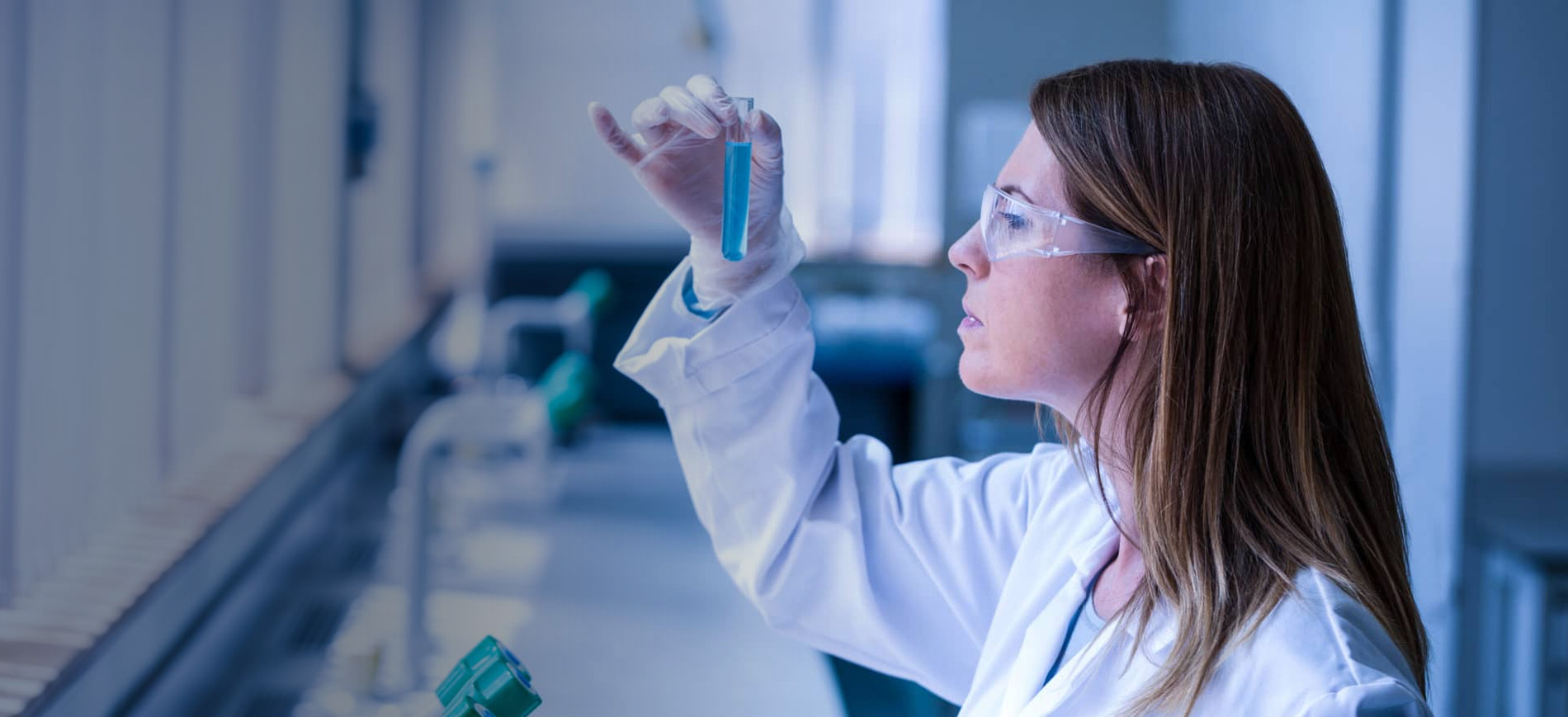When it comes to getting things done in the lab, glassware is like that dependable friend—you might not always notice it, but you couldn’t do the work without it.
Let’s take a deep look at why laboratory glassware still holds such importance in today’s modern labs.
🔍 Why Is Laboratory Glassware Still Important?
Modern labs are full of high-tech instruments, but glassware remains a foundation. Why? Because:
- It resists heat and chemicals
- It doesn’t react with most substances
- It’s transparent, so you can observe reactions
- It’s reusable and easy to clean
Whether you’re measuring liquids, mixing chemicals, or heating samples, glassware ensures the process is smooth and safe.
🧪 Common Roles of Glassware in the Lab
Let’s break down some of the most common ways glassware supports lab work.
1. Accurate Measuring
Graduated cylinders, burettes, and pipettes help in measuring precise volumes of liquids. Accuracy is crucial in science, and good glassware ensures that.
2. Safe Heating
Items like beakers, flasks, and test tubes made from borosilicate glass can handle high temperatures. This allows researchers to heat samples without the risk of glass breaking.
3. Mixing and Reactions
Conical flasks and round-bottom flasks are perfect for mixing solutions or performing reactions. Their shapes are designed to control spillage and provide safe swirling or stirring.
4. Storage of Samples
Reagent bottles and glass vials store chemicals or biological samples without reacting with them. Glass is also good for long-term storage since it doesn’t degrade easily.
5. Filtration and Separation
Funnels and separating funnels help in purifying, filtering, or separating liquids based on density or solubility. These are crucial in both chemistry and biology labs.
💡 What Makes Glassware Ideal for Modern Use?
Despite the availability of plastic and metal labware, glass is still the first choice because of:
- Clarity: You can clearly see the contents and changes inside.
- Sterility: Easy to clean, autoclave, and reuse.
- Neutrality: Doesn’t interfere with reactions.
- Durability: High-quality lab glassware lasts for years.
Some types of advanced glassware are now even coated for scratch resistance or anti-fogging, making them even more suited for modern labs.
🏥 Industries That Rely on Glassware
You’ll find laboratory glassware in more places than just classrooms:
- Pharmaceutical Labs – For testing, formulation, and drug development.
- Food & Beverage Labs – For quality testing and contamination checks.
- Environmental Labs – For water and air sample testing.
- Medical & Pathology Labs – For diagnosis and research.
- Research Institutions & Universities – For teaching and discoveries.
🌍 Glassware in Modern, Digital Labs
As labs go digital, glassware remains crucial. It often works hand-in-hand with automated systems. For example:
- Glass vials in robotic pipetting systems
- Reaction flasks in automated synthesizers
- Glass test tubes used in centrifuges and analysers
So, even as technology evolves, glassware continues to adapt and support innovation.
📌 Tips for Choosing the Right Glassware for Your Lab
- ✔️ Go for borosilicate glass for heat and chemical resistance
- ✔️ Choose the right size and volume for your experiments
- ✔️ Look for clear markings and strong build
- ✔️ Make sure the glassware is certified for lab use
- ✔️ Consider suppliers who offer customization and support
🤝 Why MEDILAB is the Trusted Choice for Glassware
At MEDILAB, we understand how vital the right glassware is for your lab operations. For over 30 years, we’ve supplied durable, certified laboratory glassware to clients across 35+ countries.
Our product range includes:
- ✔️ Beakers, flasks, pipettes, and cylinders
- ✔️ Test tubes, funnels, bottles, and more
- ✔️ Customised branding and OEM solutions
- ✔️ Break-resistant packaging and global delivery
Whether you’re a school, research lab, or distributor, MEDILAB is here to be your trusted partner.
🙋♂️ Frequently Asked Questions (FAQS)
Q1. What type of glass is used in laboratory glassware?
A: Most high-quality lab glassware is made from borosilicate glass, which can withstand high heat and chemicals.
Q2. Can I use plastic instead of glass in the lab?
A: Plastic can be useful in some cases, but it may not handle heat well or could react with chemicals. Glass is preferred for serious lab work.
Q3. How do I clean glassware after experiments?
A: Use distilled water, appropriate detergents, and brushes. Rinse thoroughly. For sterilisation, autoclave or heat the glassware if it is heat-resistant.
Q4. How long does laboratory glassware last?
A: With proper handling and cleaning, good-quality glassware can last for years.
Q5. Can glassware be customised with a brand name?
A: Yes! At MEDILAB, we offer custom branding and packaging to suit your business needs.
🧾 Conclusion
Even in today’s fast-paced, tech-driven world, glassware continues to play a key role in laboratories. Its reliability, transparency, and adaptability make it a must-have in every scientific setup, from research labs to classrooms.
If you’re looking for high-quality, certified lab glassware, MEDILAB has everything you need. With decades of experience and global reach, we’re committed to supporting modern laboratories with the tools they trust most.



